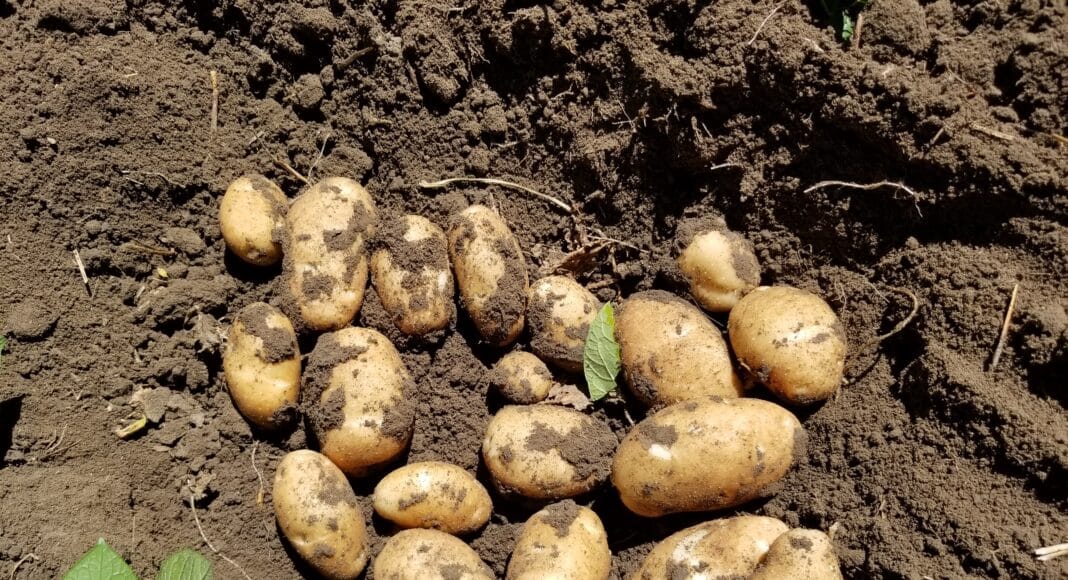I spend more days than I can count at various potato industry tradeshows, conventions and forums. Though these events are a fun chance to renew friendships and drool over shiny new toys, that’s not why farmers take time away from their busy lives and work to attend. Every grower who pulls into the parking lot at the start of the event is hoping to leave later that day with techniques or technologies that help produce even a smidge more yield, more quality, more money. I’m all for incremental change and industry events are a fantastic opportunity to learn how to improve your production. But, the real dollars don’t come from new gadgets, tweaks to a management technique, or the latest and greatest agri-chemicals. They come from changing a potato crop’s foundation.
Soil health is the basis of the entire crop. Plant into healthy soil and you’ve made the first and most important step towards your crop’s yield potential. Plant into unhealthy soil and, no matter how much effort and investment you shovel into those acres, your crop won’t reach its potential.
This isn’t a new concept: farmers are well versed in the importance of healthy soil. The big question is: how do they achieve it without losing the crop to disease? The heart of the issue is a seemingly impossible catch-22: Managing soil-borne disease via the conventional go-to soil fumigation option with metam sodium suppresses beneficial soil microbes too, wreaking havoc on soil health and ultimately impacting crop yield. However, leaving soil-borne disease unmanaged will limit the crop’s yield and quality.
Turns out, effectively managing disease doesn’t have to mean sacrificing vital soil-structure and nutrient cycling fungi and bacteria anymore. Strike is today’s modern, highly selective soil fumigation option. Far from the ‘kill all’ approach of old, Strike’s active ingredient, chloropicrin, effectively suppresses the potato industry’s biggest marketable yield robbers – common scab and the early die complex – but simultaneously bolsters the population of beneficial microorganisms in the soil. Numerous studies show beneficial fungi and bacteria increase dramatically following even a single application of Strike.
The benefits of Strike aren’t an incremental change; they’re a complete overhaul of the crop’s foundation and an opportunity to break out of the limits imposed by disease and/or old-school soil fumigation. Ultimately, Strike is the single most effective way for a grower to move yield and quality from what they can achieve today to where they want to be. It’s just too bad it doesn’t come packaged as a shiny new tractor.








